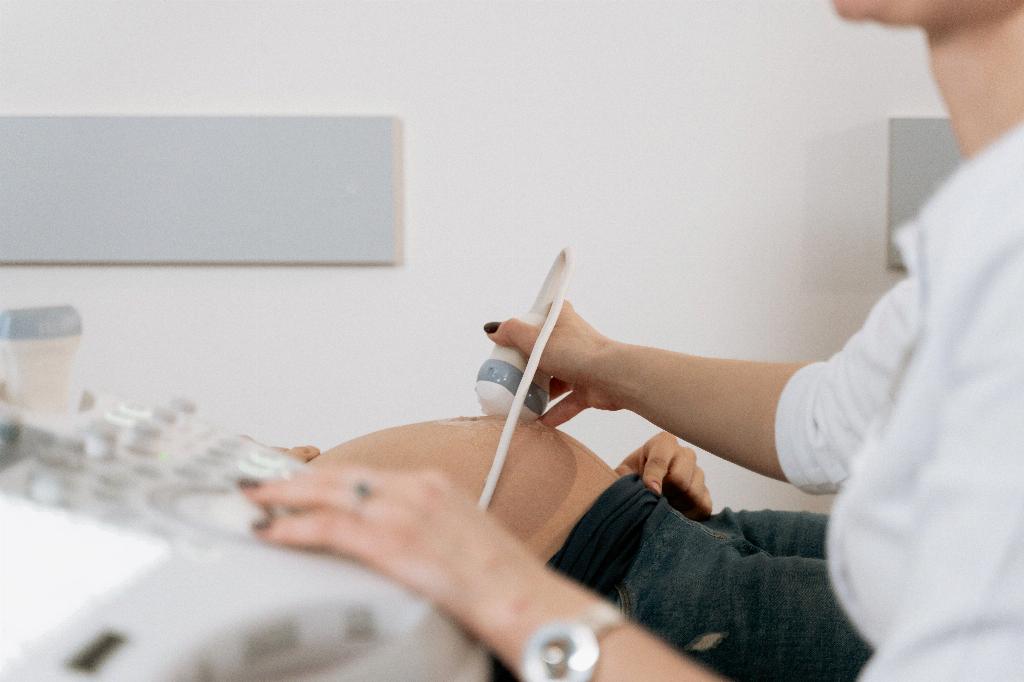When it comes to the timing of pregnancy test results, many people wonder: Can I get a negative pregnancy test at night and a positive test in the morning? The reality is that the time of day can indeed impact the results of an at-home pregnancy test. Let’s delve into the factors that can influence these variations.
Hormone Levels
Human chorionic gonadotropin (hCG) is the hormone that pregnancy tests detect. The levels of hCG in your body can vary throughout the day, with concentrations typically being more concentrated in the morning. This fluctuation can affect the accuracy of your test results depending on when you take the test.
Urinary Concentration
Another factor to consider is the concentration of hCG in your urine. Your urine may be more concentrated in the morning due to the fact that you have likely held your bladder for a longer period while sleeping. This can lead to higher levels of hCG being detected in a morning test compared to one taken at night.
Time of Implantation
The timing of implantation can also influence the accuracy of pregnancy test results. If implantation occurs later in the day or at night, there may not be enough time for hCG levels to rise sufficiently for detection by an evening test. This could result in a negative result at night but a positive one in the morning.
Test Sensitivity
Additionally, the sensitivity of the pregnancy test you use can play a role. Some tests are more sensitive to detecting lower levels of hCG, while others may require higher concentrations to produce a positive result. Choosing a test with higher sensitivity may help mitigate the timing differences between night and morning testing.
Menstrual Cycle Variability
Your individual menstrual cycle can also impact the timing of when hCG levels are detectable in your urine. Factors such as cycle length and ovulation timing can affect when implantation occurs, consequently influencing the likelihood of getting a positive result in the morning versus at night.
Recommendations for Testing
Given these variables, if you are concerned about the timing of your pregnancy test results, consider testing with the first morning urine when hCG levels are typically highest. However, if you choose to test at night, remember that the possibility of receiving a negative result that could change to positive in the morning exists.
Consulting a Healthcare Provider
If you experience uncertainty or conflicting test results, it is advisable to consult a healthcare provider. They can offer guidance on the best times to test, interpret your results accurately, and provide additional testing if needed to confirm your pregnancy status.
Cautions and Precautions
While at-home pregnancy tests are generally reliable, it is essential to follow the manufacturer’s instructions carefully to ensure accurate results. Waiting until your missed period can increase the likelihood of receiving a clear and definitive outcome.
Emotional Considerations
Waiting for pregnancy test results can be an emotional time for many individuals. It is crucial to take care of your mental well-being during this period and reach out for support from loved ones or professionals if needed to navigate any feelings of anxiety or uncertainty.
Conclusion
In conclusion, the possibility of receiving a negative pregnancy test at night and a positive test in the morning is influenced by various factors such as hormone levels, urinary concentration, time of implantation, test sensitivity, and menstrual cycle variability. Understanding these dynamics can help you interpret your results more confidently and make informed decisions about your next steps.

